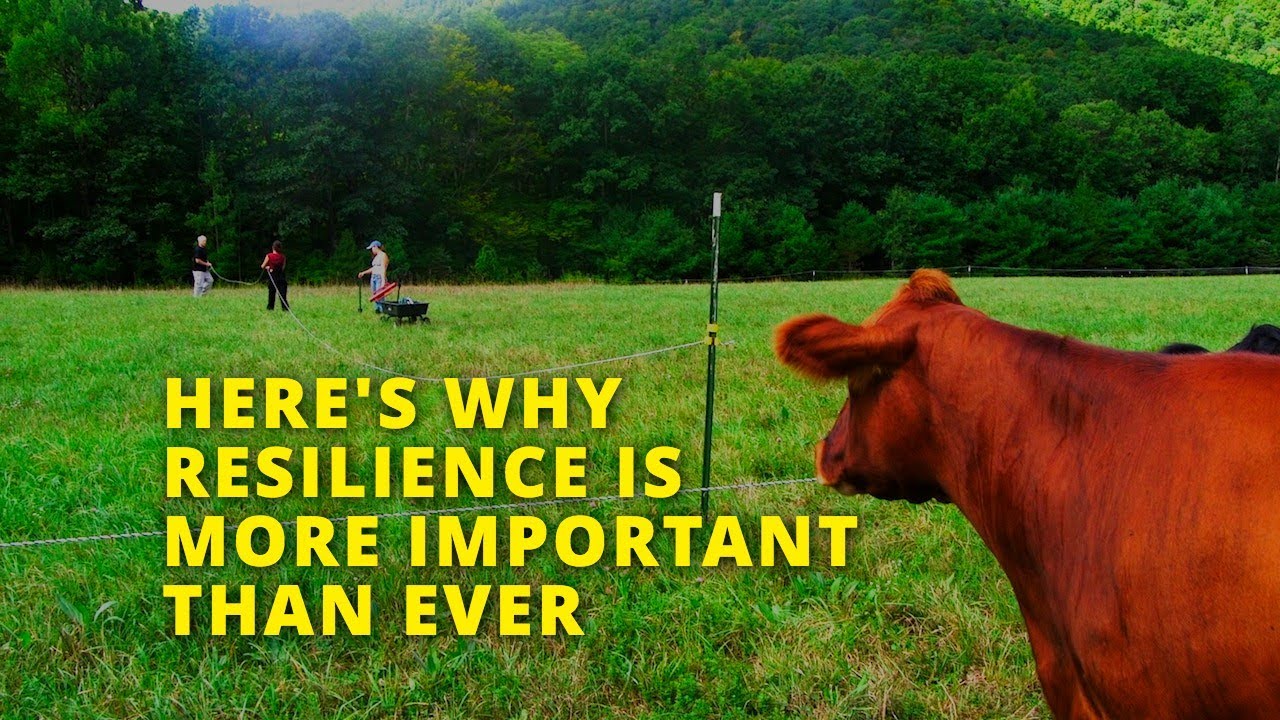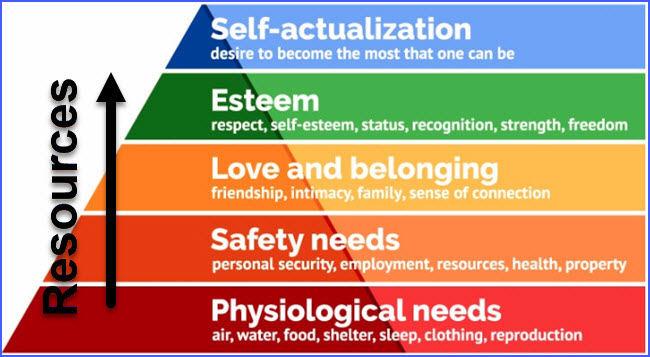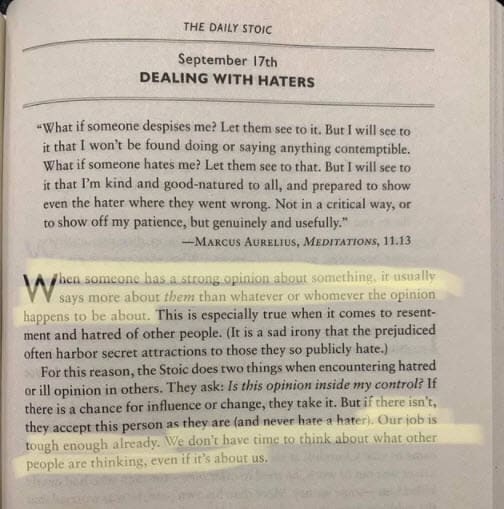Chris, I want to encourage you to read Elinor Ostrom’s academic work on the structural side of this question of how people can work together in common to care for a shared resource. It’s an analysis based on game theory, and she shows it operating at 3 levels of hierarchy. She pointed to 7 necessary characteristics. Along the way, she comments on provisioning-appropriating resources, rule formation-rule cheating, sanctioning-forgiving, public processes, etc.
“Governing the Commons: The Evolution of Institutions for Collective Action,” Ostrom, Elinor (Cambridge University Press, 2015)
There’s a growing body of material on leading culture change in corporations that has also been applied to voluntary groups, such as worship communities. The “father” of that work in the business realm is John P. Kotter. You might peruse his books.
I think that since land is at the heart of the kind of community you want to form, your celebrations (hence, culture) need to be tied to the cycles of the land - which is pretty darned old school. So, for example, celebration days can include solstice and equinox where the emphasis is on community fun and letting go. Also celebratory: the day before or day of first spring tilling or planting or seed-sowing in pots; first fruits; harvest home; final day of caring for the soil before winter… all of these can be upbeat, but the underlying point is to mark the calendar of the soil and its productivity. Ad-hoc moments to mark in some shared way: successful birth of a new animal, welcome of a new member, bumper crop, provision of new equipment/tools. (Why not take a moment to “christen” a new tractor with a name and a shared toast?)
Building culture, like changing culture, is a process of identifying metrics and breaking them down into measurable targets, then celebrating those small wins along the way, and marking the milestones as they come up. Dealing with the cycle of nature, many of those can be built into the calendar - maybe not as specific days but approximate, allowing nature to define the “moment.”
Attention to the key values of members can lead to the spontaneous discovery of other kinds of moments to share; encouraging a spirit of spontaneous “marking” of meaningful events, however small, that don’t take away from tasks but a few moments, can build satisfaction, energy, and pleasure. It goes along with recognizing individual, team, and community-wide achievements - metrics met or exceeded, challenges met and resolved, even lessons gleaned from failures and codified as best practices for the replay.
Also think about rules for sharing resources based around lessons from Ostrom’s book. Key, I think:
Group-defined rules governing “provisioning” of resources as a condition for “appropriating” resources; and rules of appropriation so that everyone downstream has a fair share.
Group-defined sanctions for “cheating” the rules and norms, and a public, shared process for airing conflict and resolving conflict, and for resolving cases of “cheating.” (See Ostrom for examples of how that’s played out in voluntary groups that have lasted generations.)
One more, based in having lived in several communities and having visited many more: Some clear group-generated rules about sexuality and pair bonding. Failure to be clear about that is a really good way to destroy a community quickly. Or to suck up lots of emotional capital on some one or three people’s “trust issues”.
Also: look at what’s comparatively neglected. The kitchen in disarray, bathrooms not maintained, shared spaces becoming cluttered or dusty; any of these becoming the main work of a few members but shirked by some others - these things point to underlying issues. I found I could tell a lot about the health of a community or group house just by observing the state of the kitchen, and discovering how they handled food, especially ownership and sharing. (A community that doesn’t break bread together has little in common; eat at least one meal a week, preferably one a day, together - prepared and shared equitably - to promote and affirm a sense of tribe.)


 The top two layers require Integrity. There's none to be had being a participant in a system that lacks all integrity. You can be a great person, doing great work, but if you're still a cog in a culture that is carelessly destroying itself and the future, it's not easy to remain in alignment with core values that center on love, non-violence, service to all life, and being conscientious.
Possible, but not easy.
So I am keenly interested in how a community can form and then persist. What needs to be in place? What sorts of rituals (beyond birthday celebrations and the major holidays)? What agreements? How do we resolve conflicts...what's the process? How do we encourage each other to grow internally as we age so that we can become true elders full of wisdom?
If I had to pick a few qualities, I'd pick people who are curious, have a natural work ethic, are very hard to offend, and with a high emotional IQ. Those last two might be related.
The top two layers require Integrity. There's none to be had being a participant in a system that lacks all integrity. You can be a great person, doing great work, but if you're still a cog in a culture that is carelessly destroying itself and the future, it's not easy to remain in alignment with core values that center on love, non-violence, service to all life, and being conscientious.
Possible, but not easy.
So I am keenly interested in how a community can form and then persist. What needs to be in place? What sorts of rituals (beyond birthday celebrations and the major holidays)? What agreements? How do we resolve conflicts...what's the process? How do we encourage each other to grow internally as we age so that we can become true elders full of wisdom?
If I had to pick a few qualities, I'd pick people who are curious, have a natural work ethic, are very hard to offend, and with a high emotional IQ. Those last two might be related.
